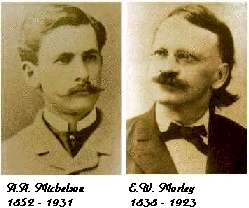
Negative results can be a positive benefit.
Thirty-seven companies and other organisations were on the list of winning bidders vying to take part in the FCC’s rural broadband experiments. Of those, six are already off the list because they “either withdrew from consideration for rural broadband experiments funding or did not submit the required information by the Friday, December 19 deadline”, according to the FCC.
Another 15 have asked the FCC to waive some of the rules, in particular one that requires certification of technical plans by a professional engineer and another that asks for audited financial statements. Applicants and interested parties filed comments on those points, arguing both sides. No decision has been reached, yet.
On Friday, the FCC restated another rule: applicants need to submit a letter of credit – similar to a performance bond – that guarantees that subsidies would be repaid “in the event a recipient was not using such support to further the objectives of universal service”.
Requiring technical and financial due diligence makes sense: the money is supposed to be “used to build and maintain robust voice and broadband capable networks” that’ll operate for at least 10 years. It takes a lot do that. Dodgy operators need to be weeded out at the get go, and that’s particularly true given the preponderance of winners proposing fixed wireless systems.
Certified plans, audited financials and letters of credit are relatively easy for established and well run businesses to produce and are reasonably objective requirements. For many, it’s a simple way to prove they can do the job.
On the other hand, these are experiments and some of the companies are, well, experimental. The FCC should allow an alternative due diligence process for proposals or proposers that are out of the box. That alternative process should be rigorous, but it doesn’t need to lazily rely on a handful of bureaucratically safe documents.
A successful experiment is one you can learn from. Positive and negative results are equally valuable, so some of the experimental projects should fail. An experiment that’s so tightly controlled that it can only produce positive results is no experiment at all. It’s a sham.
